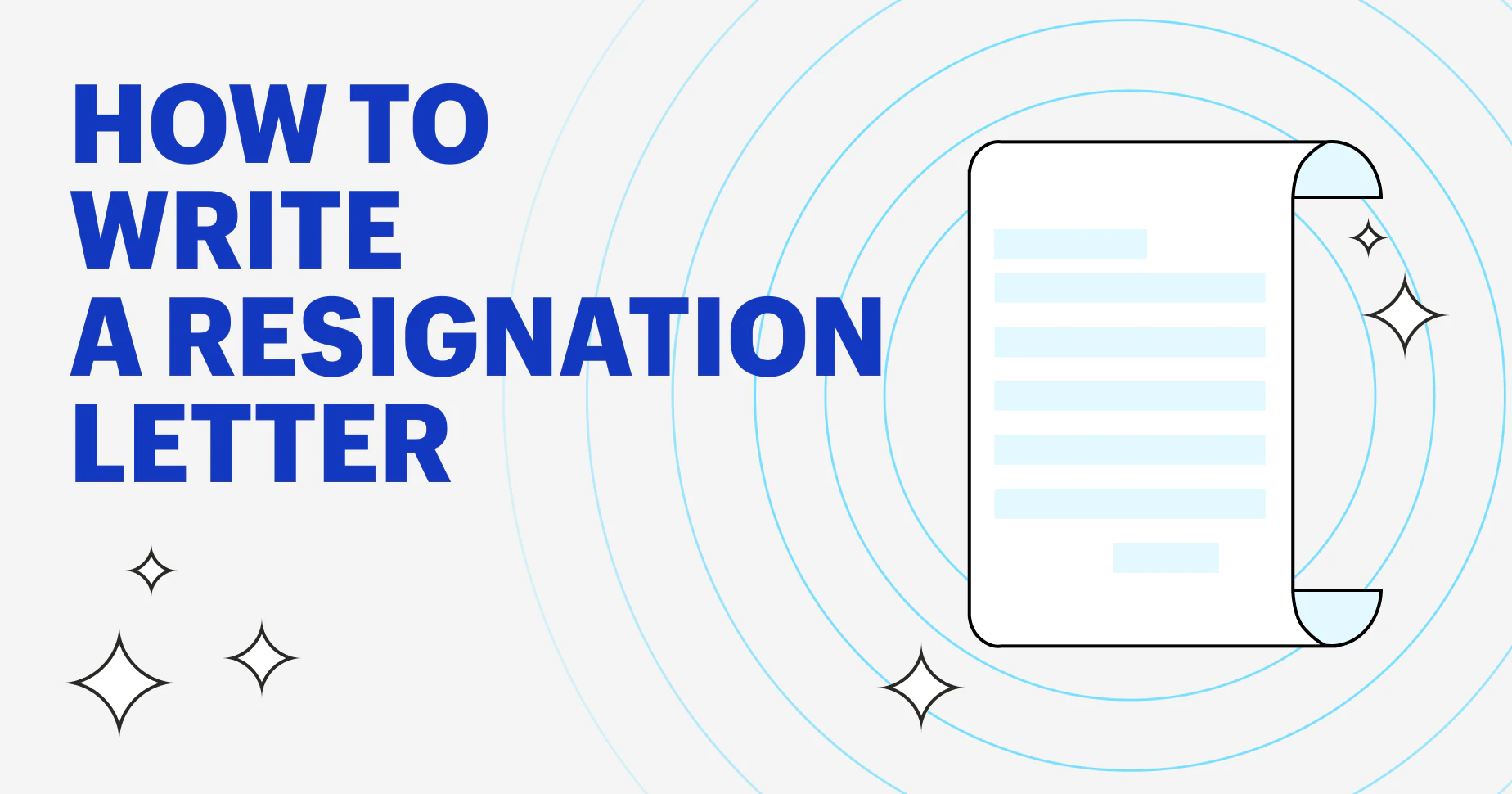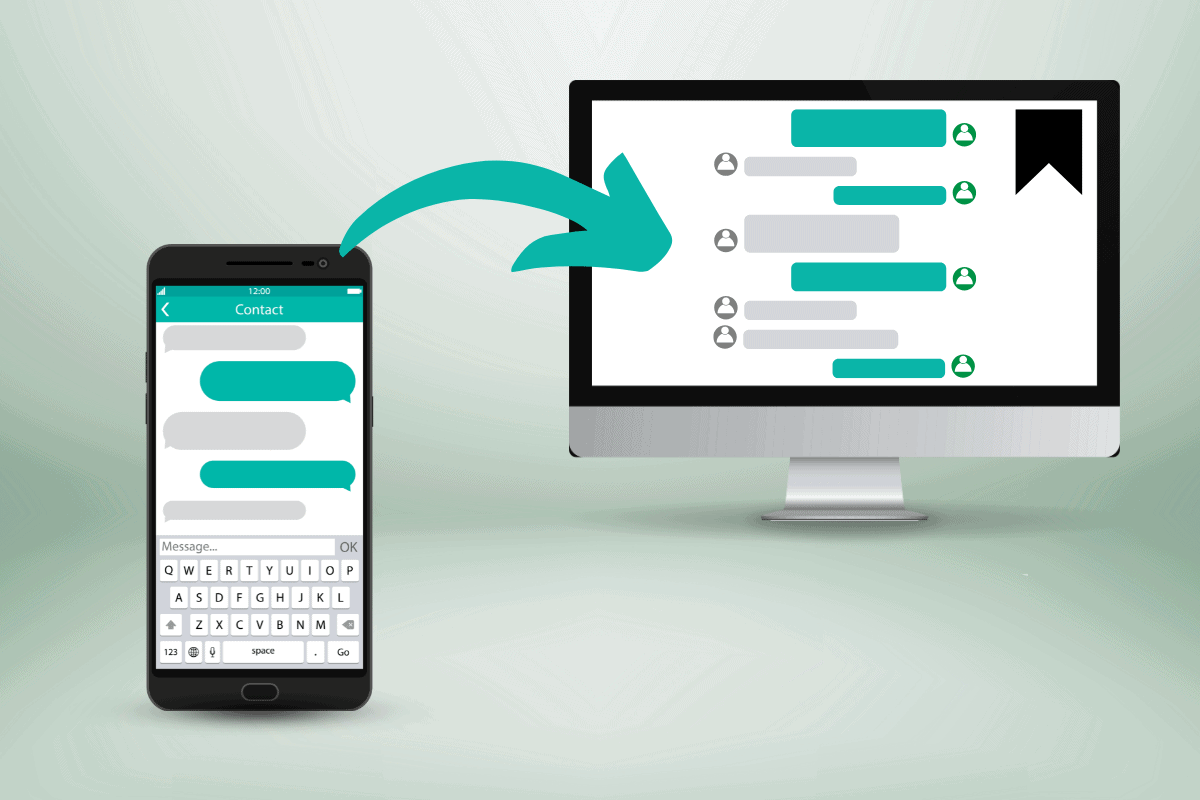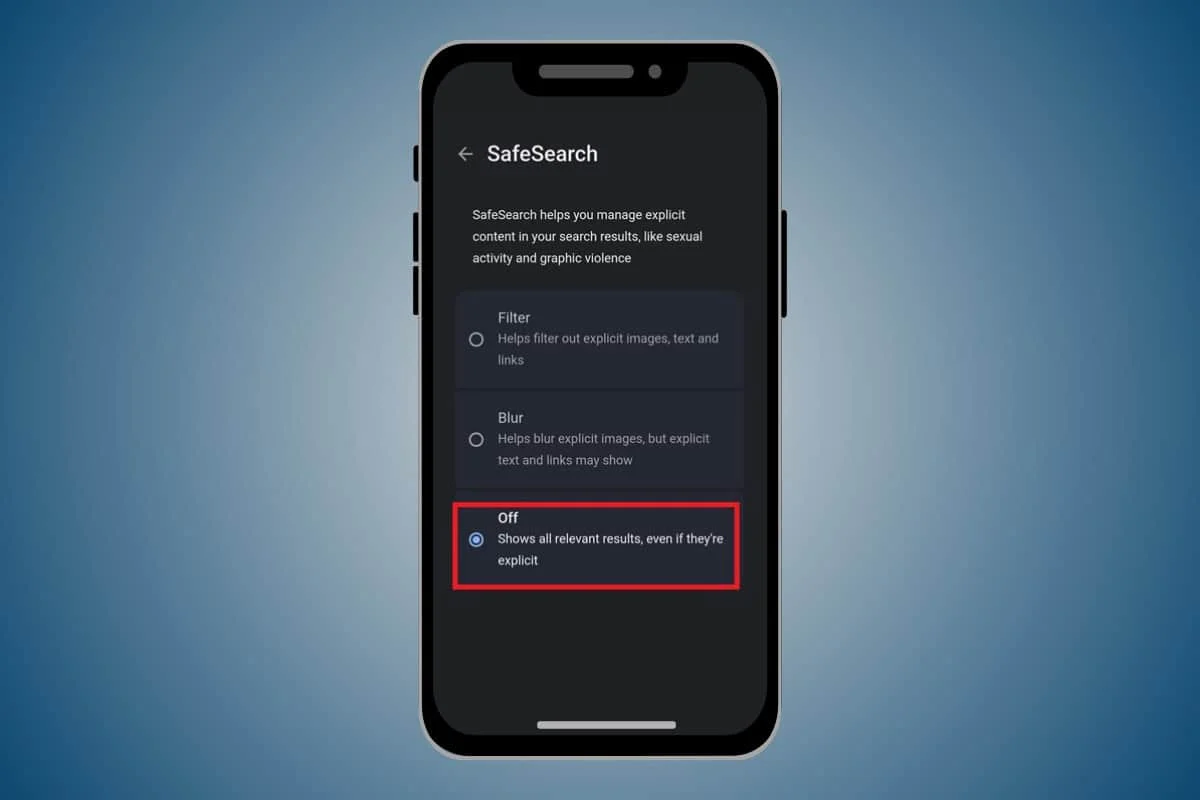
If you’ve chosen to stop working with your current employer and want to leave on good terms. To do this, you should politely inform your employer and colleagues, and doing this requires you to write a resignation letter.
But how do you even write a good resignation letter? what should you write in it and what should you not? Well, keep reading to find out.
What is a Resignation letter?
A resignation letter is a formal document that tells your boss you’re leaving your job. You can send it using email or print it out. It helps you tell everyone you’re leaving and gives important info, like when you’re stopping work. It’s good to send this letter about two weeks before you stop working.
How to write a professional resignation letter.
Make your resignation letter short and only mention important stuff. Don’t talk too much about your new job. Instead, think about what you liked about your old company and say that.
Resignation letter format
Here is how a resignation letter format goes:
- Start your letter with the date and a polite greeting for your manager.
- Begin by saying which job you’re quitting and when you’re leaving.
- In the body of your letter, you can thank the company and explain how you’ll leave.
- In the end, you can share your contact info if you want, which is helpful if you’ll need a reference.
Next, we’ll talk more about these important parts and show you some examples.
What to include in a professional resignation letter
There are some important things you should include in your resignation letter. Here are some:
State of resignation and day you are leaving.
Start your letter by telling them the position you hold in the company. Even if they know you well, include this info since the letter is known to be a formal one. Also, include when you will stop working as that’s usually the first question asked.
Here’s how the first paragraph of the letter could look:
I’m writing to let you know that I am resigning from my position as [Position title] at [Company name] and my last day will be [Date].
Gratitude and thankfulness.
Think about how you’ve improved or what you’ve liked during your time there. Be specific. Maybe they helped you learn new things, or you enjoyed the friendly atmosphere.
It’s nice to thank them for helping you grow. Here’s an example:
I’m thankful for the chances to learn and grow at [Company Name] over the last couple of years. I’ve enjoyed my time here and feel lucky to have been part of such a great team.
You can also mention where you’re going, like if you’re following a passion or going to school. For instance:
I’m starting a new job as a [New Job Title], and I’m excited about [doing something you like] or continuing my work in [specific area].
But if you’re joining a rival company, it’s best not to say that.
How you’ll leave.
In the third part, mention your willingness to make the change smooth. For example:
If you need any help during this shift, please tell me. I’m ready to train my replacement and update all my reports before my last day.
Your sentence might be different, but it’s good to give specifics about how you’ll help.
As an optional next part, briefly talk about the work you’ll be leaving when you go. Even though your manager is supposed to handle it, listing the tasks and projects you managed can help the company while they transition.
If you didn’t manage or work with other teams, you can skip this part.
Your contact details.
You don’t always have to include this final paragraph; it’s up to you, especially if you don’t plan to use your old employer as a reference. But lots of people like to stay connected. A closing might be:
Thank you for having me at [Company Name]. I wish you the best and hope we can keep in touch. You can reach me at [Email Address].
What not to include in a resignation letter?
When writing a good resignation letter, there are some things you must know not to include in that letter. Here are some things you shouldn’t add to your letter:
Future Job Plans
Although you can talk about your next job, there’s no need to give lots of details about your new role or pay. Keep it formal. You can mention how your current job helped you grow in your field. Make sure your letter is straightforward and thoughtful when addressing your employer.
Negative Words
Of course, it’s understood, but it’s important to note that a resignation letter should not contain rude or offensive words. You should maintain a respectful and proper tone until you leave. Even if you’re tempted to complain about your job, the resignation letter isn’t the place to discuss negative things.
Emotional Connections
When leaving a workplace that has been understanding, it’s advisable to keep strong emotions out of the letter. Aim for a highly professional tone. You can express those feelings through in-person conversations with colleagues.
Disliking Coworkers
Avoid mentioning any bad things about coworkers or managers in your resignation letter. The purpose of the resignation letter is to mark the end of your time there, not to point fingers for unfinished work.
Showing Resentment
Now isn’t the moment to show your bitterness towards your present job. Instead, focus on the good times and what you’ve learned about the industry and yourself. You can end things on a positive note with your employer.
Why you should write a resignation letter
Reason #1: It creates a written record.
Certain managers or HR representatives might ask for a letter to keep a formal record. Even if it’s not requested, providing a letter ensures there’s proof of you giving notice and specifying your last day. This documentation can be useful for sorting out final payments and shifting your duties.
Reason #2: If it’s a common practice in your field or company.
In some workplaces, submitting a resignation letter is customary. The expectation varies based on your industry, region, and organization. You may need to inquire around to find out. You could reach out to a former colleague who left your company or discreetly ask a trusted HR person how these situations are typically handled.
Reason #3: It helps manage the conversation.
Telling your supervisor that you’re departing can feel uncomfortable, notes Clark. Sometimes, it’s tough to break the news in person. To make the conversation smoother, you can email your resignation letter just before your meeting. This gives your boss a heads-up about the topic, allowing them a moment to process the information before you talk.
Reason #4: You want to guide how your departure is perceived.
Composing a letter lets you communicate your departure date and reasons. If you’re concerned that your boss might present your departure in a way that suits them (without the full story), you can send the letter to them and also share it with HR or your boss’s higher-up. This approach helps you “influence their perception of you and whether they’ll offer a reference in the future,” advises Claman.
A resignation letter sample
Here’s a sample letter you can use when sending it to your manager after discussing your departure. You might also want to copy HR.
Dear [Name],
As we talked about earlier, I’m letting you know that I’ll be resigning from my position as [title]. My final day will be on [date], which is [X] weeks from now.
Making this decision wasn’t easy, but as you’re aware, I’ve been looking forward to transitioning into [new field/industry]. I’ve found a role that aligns with my career goals in that direction.
I’ve truly appreciated my time working at [company] and being part of this team. Also gained valuable knowledge that I’ll carry with me into my next endeavor. I want to express my gratitude for your support and for the opportunities you’ve provided me during the past [X] years.
[You might want to mention some specifics here about projects you enjoyed working on or achievements you’re proud of. For instance, “I particularly enjoyed collaborating with the analytics team, sales, and marketing to launch our latest flagship product.” or “My last 6 years here have been incredible. I’ve had the privilege of managing our most successful portfolio, consistently surpassing our targets each year.”]
I’m dedicated to ensuring a smooth transition and would like to arrange a meeting to discuss initial plans for handing over my tasks and responsibilities.
I wish you and the team continued success, and I hope to stay in touch.
Thank you for everything,
[Your name]”






